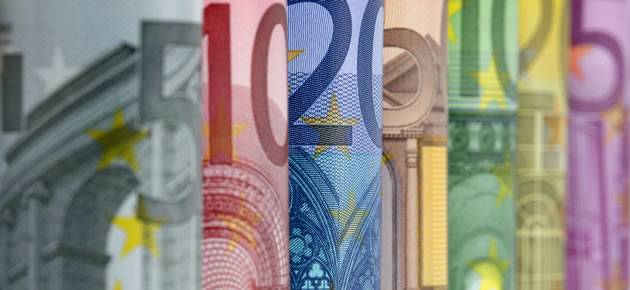While the ‘Aussie’ initially advanced following the publication of minutes from the most recent Reserve Bank of Australia policy meeting, the currency went on to trim gains.
After hitting a one-month high against the US Dollar and advancing on several of its other main currency counterparts the South Pacific currency eased lower towards the end of local trading.
The Euro was also able to advance on the ‘Aussie’ as the common currency was supported ahead of the release of economic sentiment surveys for Germany and the Eurozone.
In the minutes the RBA stated; ‘There were further signs that the expansionary setting of monetary policy was having the expected effects. The board noted that it was likely the inflation reading contained some noise as well as some signal about inflationary pressures, […] members recognised that conditions in the labour market tended to lag economic growth, and that the labour market had remained weak following the period of below-trend growth in activity. If the economy evolved broadly as expected, the most prudent course would likely be a period of stability in interest rates.’
The minutes also acknowledged that the labour market remains a concern and that the rising unemployment rate is affecting domestic demand. It was also highlighted that the ageing of the population accounted for some of the decline in Australia’s participation rate.
However, while the RBA added that if the Australian Dollar continued to trade at lower levels it would aid the Australian economy in achieving balanced growth, overall the minutes focused on the currency’s exchange rate less than they have in previous months.
Some investors believe that any strength in the ‘Aussie’ caused by expectations that the central bank plans to increase interest rates may be premature.
In the opinion of fund manager Stephen Miller; ‘I do think that they would like to see the Aussie Dollar lower, they expect to see the Aussie Dollar lower, but that will come about in fits and starts only gradually.’
Yesterday the Euro was trading in a fairly narrow range against several of its major peers due to a lack of influential economic news for the Eurozone.
Today the common currency is likely to experience notable volatility following the publication of ZEW economic sentiment surveys for the Eurozone and its largest economy.
It has been forecast that the German confidence measure declined from 61.7 to 61.5 in February, but if the result actually surprises to the upside (as German growth figures did last week) the EUR/AUD pairing could extend gains as trading progresses.
Euro (EUR) Exchange Rates
[table width=”100%” colwidth=”50|50|50|50|50″ colalign=”left|left|left|left|left”]
Currency, ,Currency,Rate ,
Euro,
Euro,
Euro,
Euro,
Euro,
[/table]
